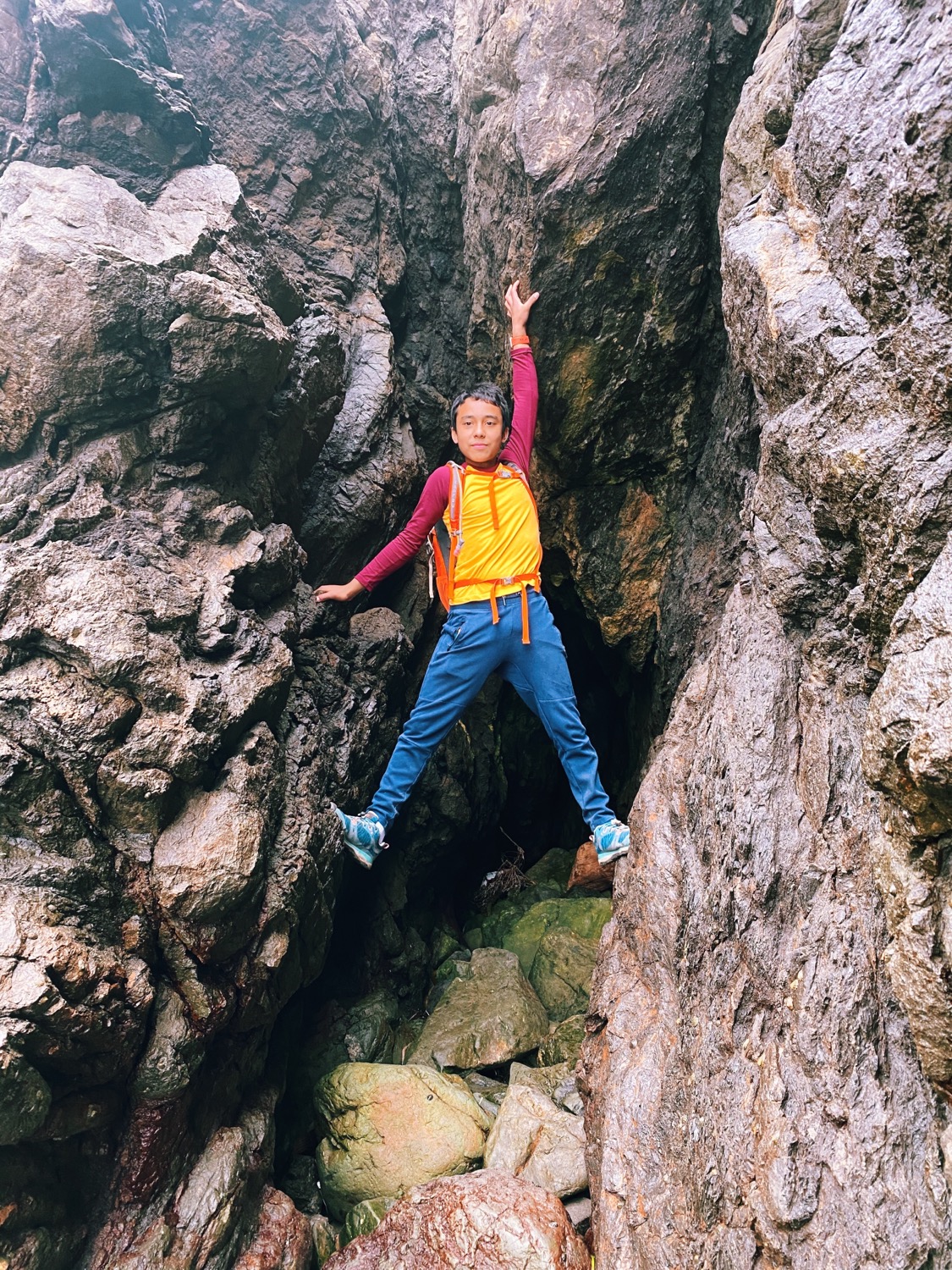Nature's Beauty and Importance.
- Zachary Schley
- Feb 17, 2023
- 3 min read
Nature is a magnificent and awe-inspiring force that surrounds us all, from the tiniest insects to the towering mountains and vast oceans. It encompasses everything that is not made by humans, from the rocks and soil beneath our feet to the skies above us. Nature is an essential part of our lives, providing us with the air we breathe, the water we drink, and the food we eat.
One of the most remarkable aspects of nature is its incredible diversity. There are millions of different species of animals and plants, each adapted to its unique environment in its own way. From the deserts of Africa to the rainforests of South America, from the frozen tundra of the Arctic to the coral reefs of the Pacific, nature is full of wonders that never cease to amaze us.
Nature is not only beautiful but also serves as a source of inspiration for many people. Artists, writers, and musicians have long been drawn to the natural world, finding inspiration in its colors, shapes, and patterns. From the Impressionist paintings of Claude Monet to the poetry of William Wordsworth, nature has played a significant role in shaping the art and culture of our world.
In addition to its aesthetic value, nature is also vital for our survival. It provides us with the natural resources we need to live, such as food, water, and shelter. For thousands of years, humans have relied on nature for their survival, and even today, many people around the world depend on it for their livelihoods.
But despite the many benefits that nature provides, it is often taken for granted and exploited by humans. Pollution, deforestation, and climate change are just a few of the ways in which we are harming the natural world. If we do not take action to protect and preserve nature, we may find ourselves facing dire consequences in the future.
One of the most important ways we can protect nature is by conserving it. This means preserving natural areas and ecosystems and reducing our impact on them. It can involve creating national parks, wildlife reserves, and other protected areas where human activity is limited, or implementing sustainable practices in agriculture and industry.
Another crucial aspect of protecting nature is reducing our carbon footprint. Climate change is one of the biggest threats facing the natural world today, and reducing our greenhouse gas emissions is critical if we want to prevent its worst effects. This can involve making lifestyle changes such as driving less, using energy-efficient appliances, and eating less meat, as well as supporting policies and initiatives that promote renewable energy.
Finally, educating ourselves and others about the importance of nature is essential for its protection. By learning about the natural world and the threats it faces, we can better understand why it is so important to conserve and protect it. By teaching our children and future generations about the beauty and value of nature, we can help ensure that it will be preserved for many years to come.
In conclusion, nature is a remarkable and essential part of our world. It provides us with countless benefits, from the air we breathe to the inspiration we draw from its beauty. However, it is also threatened by human activity, and it is up to us to protect and preserve it for future generations. By conserving natural areas, reducing our carbon footprint, and educating ourselves and others, we can help ensure that nature remains a vital and cherished part of our world.





Comments